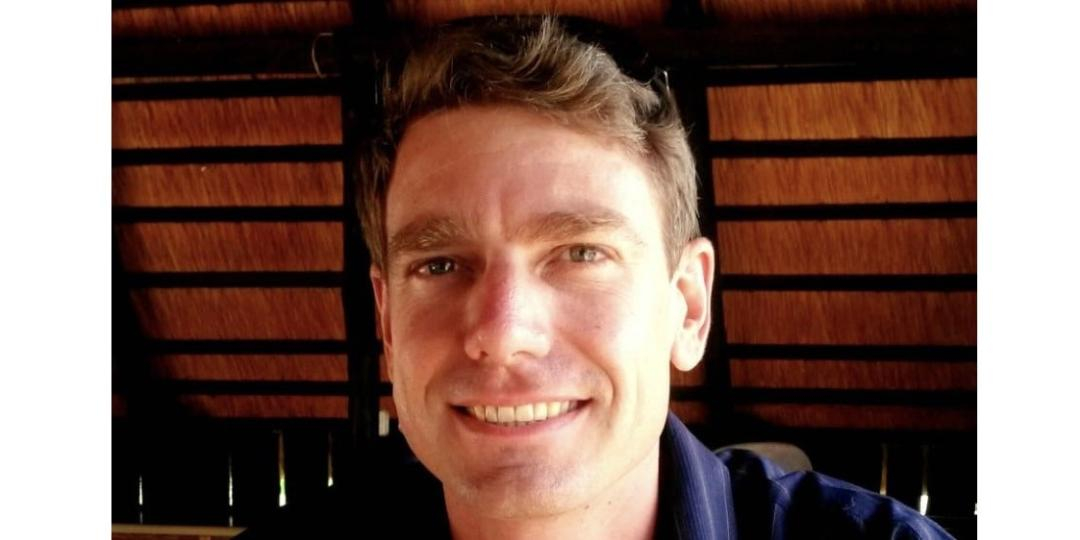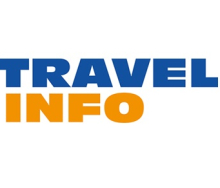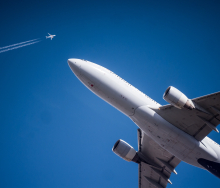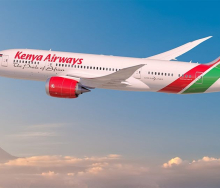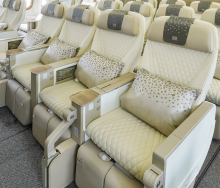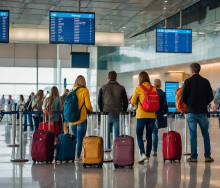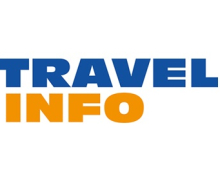In response to the abrupt closure of six popular beaches in Durban during the peak holiday period, leading tourism industry groups are urging the government to take immediate action.
The eThekwini municipality, in collaboration with Adopt-A-River and Talbot, conducted water quality tests at six Durban beaches. The results indicated critical E coli levels, making the water unsafe for swimming.
The beaches affected are uShaka, Point, South, North, Battery and Country Club.
Hospitality association, FEDHASA and inbound tourism body, SATSA, are calling for the eThekwini municipality to immediately address the water quality crisis that precipitated these closures.
“Closing prime tourism beaches now deals a huge blow to hospitality businesses and tourism operators in prime beach areas,” said Brett Tungay, FEDHASA East Coast Chairperson, adding that the repercussions were profound.
“It comes at a time when they rely on the influx of tourists to bolster their businesses. The closure of these beaches sends ripples throughout our broader economy, affecting jobs and local communities. We cannot afford to miss the economic opportunities this season traditionally brings.”
Tungay noted that until the city could address the water-quality issues, many small businesses faced prospects of lower profits, potential closure and lay-offs this season.
The groups are advocating for regular communication about the progress in addressing the water-quality crisis and infrastructure repairs. This transparency is crucial for restoring confidence among tourists, hospitality stakeholders, and investors.
The call to action goes beyond the immediate issue, emphasising the need for long-term solutions to protect Durban's reputation as a top tourist destination and ensure its beaches' health and safety.
The tourism industry in the region has faced persistent water contamination issues after the catastrophic April 2022 floods, which KwaZulu Natal Premier Sihle Zikalala said had led to “unparalleled” destruction to infrastructure. Before the floods, five beaches in eThekwini, including uShaka, North, Point, eManzimtoti and uMhlanga Main, held full Blue Flag status.
David Frost, SATSA CEO, added a call for urgent action from the city to address sewage infrastructure issues. “We ask the eThekwini municipality to provide clarity and assurances on sampling schedules and reopening timelines. This must be treated as a critical priority. Tourism is a key economic driver. Therefore, we cannot afford to lose out on the peak season's economic opportunities.”
‘Durban remains a vibrant destination’
While the beach closures in Durban present a temporary challenge, FEDHASA and SATSA emphasise that Durban remains a vibrant tourist destination. This is thanks to the resilience and passion of local tourism stakeholders and KwaZulu Natal's diverse offering of experiences.
Tungay says: “Durban has confronted setbacks before by rallying around our community's spirit, and we will do so again. We remain wholly committed to welcoming visitors to experience everything that makes Durban a uniquely thrilling and memorable destination.”
He added that KwaZulu Natal had something to offer every type of traveller. “Beyond Durban, KwaZulu Natal offers bush, mountain, and game park experiences in areas like the Drakensberg Mountains, Midlands, and greater Zululand regions. The province is also home to over 400km of magnificent coastline beaches to discover and many unaffected beaches in the Durban area can still be enjoyed.”
Tungay highlighted that, in addition to working urgently to solve the water pollution issues and return the beaches’ Blue Flag status, this holiday season still promised visitors a wealth of vibrant cultural, culinary, sporting and entertainment offerings that have long cemented Durban as a favoured South African holiday destination.
